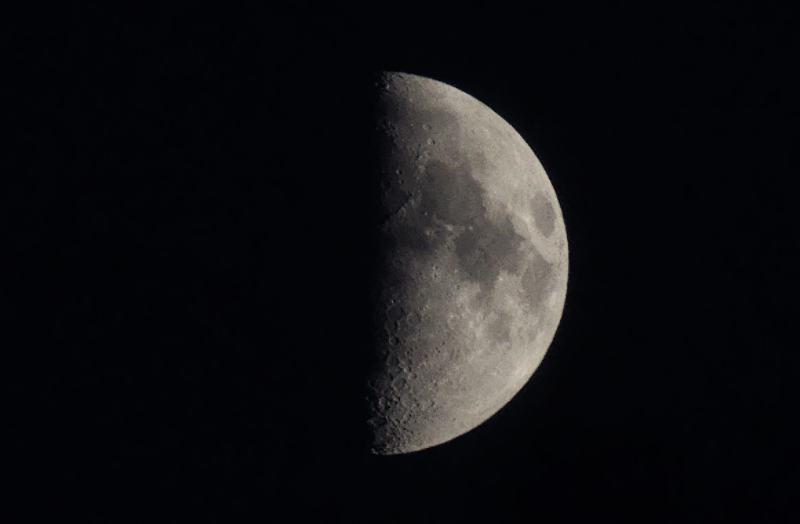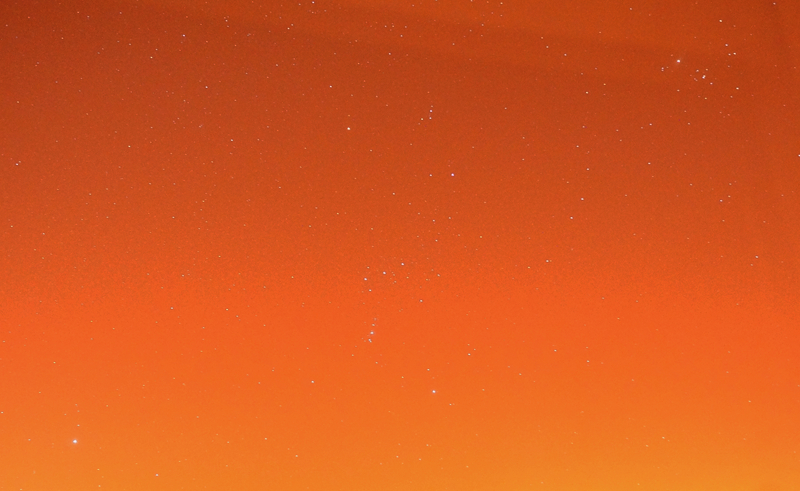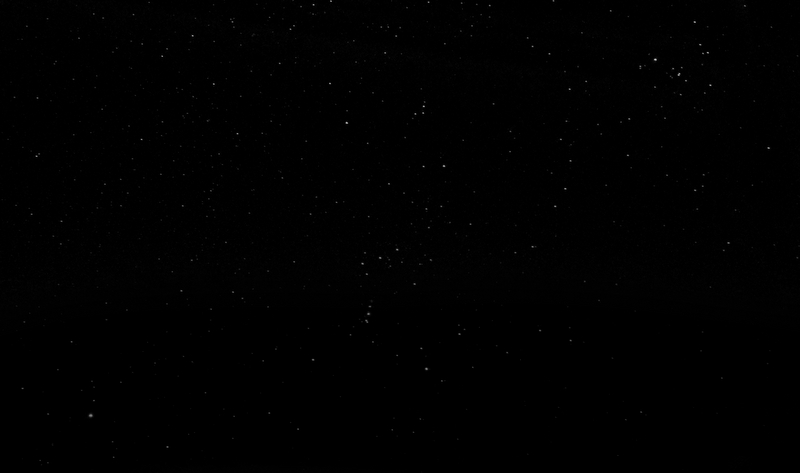It looks like you're using an Ad Blocker.
Please white-list or disable AboveTopSecret.com in your ad-blocking tool.
Thank you.
Some features of ATS will be disabled while you continue to use an ad-blocker.
share:
originally posted by: Phage
a reply to: cooperton
Yes. And from the get go it was explained to you why that was.
Look phage, you and your unholy chauvinism have never been to space. You are way full of yourself to think that laptop philosophy is going to explain this away simply because you want it to. Humility goes a long way and you may find this mysterious thing called love that is on the opposite side of logic on your lopsided duality.
a reply to: cooperton
Laptop philosophy. You mean like laptop computers? You mean the science that made those computers possible? You seem to enjoy the fruits of science. Why do you deny it so vehemently?
Not sure what love has to do with that. Or seeing stars in space.
Laptop philosophy. You mean like laptop computers? You mean the science that made those computers possible? You seem to enjoy the fruits of science. Why do you deny it so vehemently?
Not sure what love has to do with that. Or seeing stars in space.
edit on 9/8/2017 by Phage because: (no reason given)
a reply to: cooperton
www.hq.nasa.gov...
From Apollo 8:
www.nasa.gov...
REPORTER I have two brief questions that I would like to ask, if I may. When you were carrying out that incredible Moon walk, did you find that the surface was equally firm everywhere or were there harder and softer spots that you could detect. And, secondly, when you looked up at the sky, could you actually see the stars in the solar corona in spite of the glare?
ARMSTRONG We were never able to see stars from the lunar surface or on the daylight side of the Moon by eye without looking through the optics. I don't recall during the period of time that we were photographing the solar corona what stars we could see.
www.hq.nasa.gov...
From Apollo 8:
Anders said they were in darkness as they were, "just starting to go around, behind the moon, still in contact with the Earth, but in the shadow of not only the sun but also Earth shine, Earth shine being six times brighter than moon shine."
It was at that time Anders looked out of his window and, "saw all these stars, more stars than you could pick out constellations from," and suddenly there was the moon.
www.nasa.gov...
originally posted by: Phage
a reply to: cooperton
Laptop philosophy. You mean like laptop computers? You mean the science that made those computers possible? You seem to enjoy the fruits of science. Why do you deny it so vehemently?
Science relies on empirical observation. Neil Armstrong observed that you can't see stars from the moon. You are the science denier in this case.
a reply to: cooperton
Yes. Actually, what he said was, he didn't seen any stars from the surface of the Moon. Because he spent most of his time on the Moon looking at a brightly lit landscape. As I said, it's been explained to you before. Stars are dim. The Earth is not. I can see the Moon in the sky in the daytime. I can't see stars.
Neil Armstrong observed that you can't see stars from the moon.
edit on 9/8/2017 by Phage because: (no reason given)
originally posted by: Zaphod58
a reply to: cooperton
It was at that time Anders looked out of his window and, "saw all these stars, more stars than you could pick out constellations from," and suddenly there was the moon.
www.nasa.gov...
A genuine thank you for a mature empirical response. Case closed unless NASA is just covering their tracks.
originally posted by: Phage
a reply to: cooperton
Yes. Actually, what he said was, he didn't seen any stars from the surface of the Moon. Because he spent most of his time on the Moon looking at a brightly lit landscape. As I said, it's been explained to you before. Stars are dim. The Earth is not. I can see the Moon in the sky in the daytime. I can't see stars.
Wasn't keeping up with the thread, came back after a long time of inactivity. Sorry for the harsh words in my earlier posts, it's just so often in these ATS threads that ideas get blindly dismissed because they disagree with contemporary dogma so I Was a bit frustrated because a quick look through the 78 pages of this thread appeared to be exactly that.
originally posted by: Phage
a reply to: cooperton
You responded to the explanation more than once.
cooperton
Ooh, might I say that this is a very useful kind of link. As this is a massive 79-page thread, I'll link my own participation in it:
wildespace
edit on 9-9-2017 by wildespace because: (no reason
given)
a reply to: wildespace
You dont really need to do that as you can click to see members posts in a thread.
You dont really need to do that as you can click to see members posts in a thread.
a reply to: cooperton
If you want empirical evidence there's a simple experiment you can do. The next time there's a nice, clearly starry night go stand in the darkness to get an impression of how many stars are visible. Once you've got that sorted, go stand directly under a street light and then see how many stars you can see while the street light is in your field of vision and now compare your two stargazing experiences and then keep in mind that the sun is just a tad bit brighter than a streetlight.
If you want empirical evidence there's a simple experiment you can do. The next time there's a nice, clearly starry night go stand in the darkness to get an impression of how many stars are visible. Once you've got that sorted, go stand directly under a street light and then see how many stars you can see while the street light is in your field of vision and now compare your two stargazing experiences and then keep in mind that the sun is just a tad bit brighter than a streetlight.
originally posted by: cooperton
originally posted by: Phage
a reply to: cooperton
Laptop philosophy. You mean like laptop computers? You mean the science that made those computers possible? You seem to enjoy the fruits of science. Why do you deny it so vehemently?
Science relies on empirical observation. Neil Armstrong observed that you can't see stars from the moon. You are the science denier in this case.
if a bright object is in the field of view of your eyes your eyes AUTOMATICALLY adjust for that, the Astronauts when on the surface had the Sun lit surface of the Moon in front of them, It can take anywhere between 15-30 mins for eyes to became dark adapted time they did not have to spare on the surface. Many of us on here spend a lot of time in the dark winter months doing this we KNOW how long it takes to dark adapt and that careless use of any light source will effect it.

Now if you expose to show the DETAIL in the Moon the stars don't show up, the shot above exposure details below
1/400th of a second f8 iso 400, Sony SLT A37 with a 300mm lens (heavy crop)
The shutter was only open for 1/400 th of a second
So now some stars this shot was taken to show how light pollution in a town is a real problem

But with a little bit a work.

Exposure for the stars f4, 20 secs at iso 3200, this may not meaning anything to you so the aperture for the star shot was wider to let in MORE light the shutter speed was for longer 2O SECONDS and the iso far greater to make the sensor boost the light levels.
If you don't really understand a subject DO more research.
edit on 10-9-2017 by wmd_2008 because: (no reason given)
originally posted by: cooperton
Science relies on empirical observation. Neil Armstrong observed that you can't see stars from the moon. You are the science denier in this case.
...and as an addendum to this observation, Armstrong did not observe that you can't see stars from the moon. He observed that he didn't. This is not the same thing at all.
I have wondered how these no stars, flat Earth, etc people actually survive from day to day.
Maybe they just pick the things that are hard to understand or observe to believe are lies being told to people.
Maybe they just pick the things that are hard to understand or observe to believe are lies being told to people.
originally posted by: captainpudding
a reply to: cooperton
If you want empirical evidence there's a simple experiment you can do. The next time there's a nice, clearly starry night go stand in the darkness to get an impression of how many stars are visible. Once you've got that sorted, go stand directly under a street light and then see how many stars you can see while the street light is in your field of vision and now compare your two stargazing experiences and then keep in mind that the sun is just a tad bit brighter than a streetlight.
Correct.
And that's especially true if you have been standing under the bright streetlight a long time, looking at the brightly lit sidewalk for a while, which would cause the pupils in your eyes to shrink in order to adjust to looking at the lit sidewalk.
The Moon's surface was lit by the sun about the same way a parking lot is lit by the sun. The pupils in the astronauts' eyes had adjusted to looking at that brightly lit Moon surface, and thus were not adjusted in such a way that stars could easily be seen.
new topics
-
Ed Dowd some good news
Medical Issues & Conspiracies: 3 hours ago -
Anyone like the Scorpions?
Music: 4 hours ago -
What if this is true?
2024 Elections: 5 hours ago -
Merry-Go-Round Ride
Short Stories: 6 hours ago -
It's toast
General Chit Chat: 10 hours ago
top topics
-
A fix for the Trans players in sports
Social Issues and Civil Unrest: 14 hours ago, 16 flags -
Petition Calling for General Election at 564,016 and rising Fast
Political Issues: 17 hours ago, 14 flags -
What if this is true?
2024 Elections: 5 hours ago, 12 flags -
Man Stabbed or Cardiac arrest on Westminster Bridge, London, UK
Mainstream News: 12 hours ago, 7 flags -
It's toast
General Chit Chat: 11 hours ago, 7 flags -
Merry-Go-Round Ride
Short Stories: 6 hours ago, 5 flags -
Ed Dowd some good news
Medical Issues & Conspiracies: 3 hours ago, 5 flags -
Anyone like the Scorpions?
Music: 4 hours ago, 3 flags
active topics
-
Ed Dowd some good news
Medical Issues & Conspiracies • 3 • : chr0naut -
France gives Ukraine license to fire long-range missiles at Russia
World War Three • 41 • : Connector -
What if this is true?
2024 Elections • 25 • : BernnieJGato -
Russia Ukraine Update Thread - part 3
World War Three • 6877 • : worldstarcountry -
International Criminal Court Issues Arrest Warrant For Netanyahu
Mainstream News • 48 • : JJproductions -
Ok this is some BS now WTH
Rant • 17 • : tamusan -
A fix for the Trans players in sports
Social Issues and Civil Unrest • 19 • : Macenroe1982 -
Results of the use of the Oreshnik missile system in Dnepropetrovsk
World War Three • 218 • : Imhere -
Anyone like the Scorpions?
Music • 2 • : Flyingclaydisk -
Merry-Go-Round Ride
Short Stories • 5 • : randomuser2034
